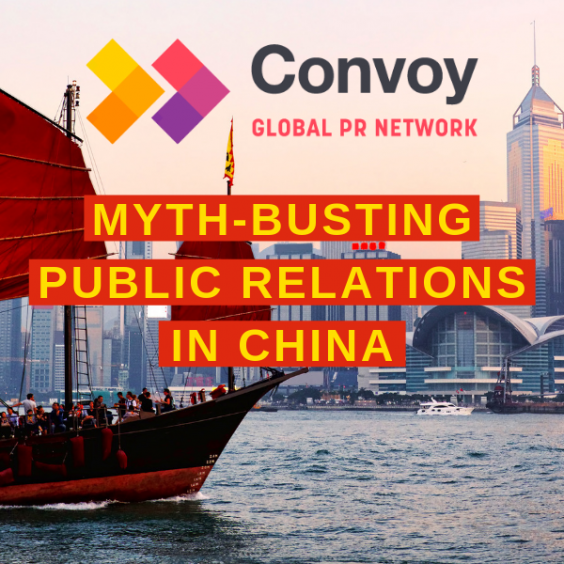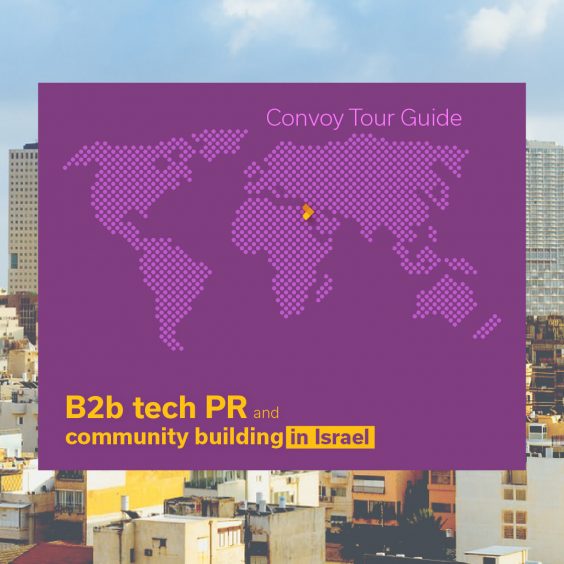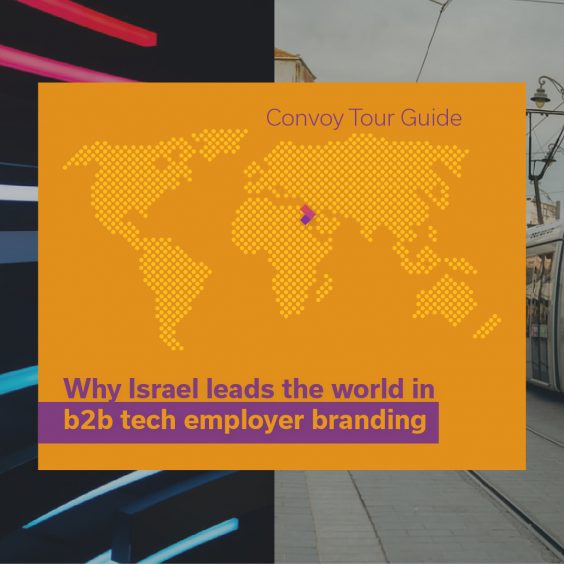Feray Alpay, founding partner of PR and marketing agency Promedia PR – part of our global agency network Convoy – explains what goes into fostering successful media relations in Turkey.
Turkey is a country that occupies a unique geographic position. Straddling Asia and Europe, throughout history it has acted as both a barrier and a bridge between the two continents. It’s also Europe’s youngest country, with people aged 15-24 making up 15.6% of its 82 million strong population.
55,000 foreign companies operate as investors in Turkey, including thousands of international technology companies that are becoming increasingly active in the local IT sector. Turkey is a growing market, so it’s no surprise that more and more b2b brands want a piece of the pie.
However, Turkey’s unique demographic, cultural, and commercial structures, as well as its constantly changing new media order, can hinder the PR efforts of international b2b technology companies.
B2b technology media landscape
The so-called new media order in Turkey has led to the near extinction of print media and a significant decrease in the readership of newspapers and magazines. Publications and journalists have transitioned to digital platforms and online publishing. Only a few tech sector magazines have survived – a picture that’s not so different from the rest of the world.
With this new media order, technology reporters have become the new influencers through social platforms. As such, social media should be at the core of any PR study of the b2b technology landscape. The most important platforms for reaching a b2b IT audience are LinkedIn and Twitter, though the most popular social media platforms in Turkey remain Facebook and Instagram.
B2b technology media relations
With its population of 20 million, Istanbul is Turkey’s largest city and the home of its national media establishments. If there is no regional work required, it is the logical choice for media events in the country. Due to the city’s size and its lack of a specific “downtown” area, there are various locations that would be suitable for media events. They key thing to remember is that small media gatherings with three to five journalists, or one-on-one interviews held in a prestigious venue, tend to be more effective than a single large press conference.
Covid-19 has of course impacted PR and media activities in Turkey, with most physical events and press conferences now held online through platforms such as Zoom and Microsoft Teams. This situation initially appealed to journalists, who no longer needed to navigate urban traffic to rush from one meeting to another. Over time, however, the intensity of online meetings caused participation to drop. Journalists who receive dozens of invitations per day are now much more selective about the online press conferences they will attend. As it is much harder to differentiate one online press conference from another, personal relationships with journalists have become even more important.
A common misconception harboured by many international technology companies operating in Turkey is that they can build relationships with Turkish media using the same methods as in the rest of Europe. In reality, gaining an understanding of Turkey’s unique cultural, religious and traditional characteristics is crucial to establishing an effective communications strategy in the country.
Effective media relations in Turkey are based on close personal friendships, rather than corporate and standardised practices, as in much of Europe and North America. For example, it would be too optimistic to email press releases to Turkish media and expect them to be published. You are much more likely to get results via a telephone or in-person media pitch.
In Turkey, persistent or excessively formal media relations are not successful. In general, friendly approaches and offers of cooperation yield the best results, and the media accept and embrace consistency.
Another common mistake made by international tech companies is focusing solely on product or service presentations. What the media wants to hear about are global industry developments and trends. An international company’s global sales, equipment or plant size do not interest readers. Instead, lead with benefits and practical implications, showing you understand your targets’ pain points and can offer solutions. Press releases starting with “As the leading firm in the sector…” provoke eye rolls, as does too much emphasis on the company’s vision and mission.
Translations of global press releases are not sufficient for an effective media pitch in Turkey. Content must be localised. Adding information directly related to Turkey, or statements from the company’s officials on the ground will significantly increase the rate of media coverage.
Lastly, it’s worth remembering that the rate of foreign language learning in Turkey remains relatively low. The language barrier can make it difficult to include many reporters in press tours held by international companies. As such, we strongly recommend the use of simultaneous translation at press conferences. And remember, if in doubt, localise.
To find out more about our PR or marketing services, or our global PR network Convoy, drop us a line at hello@rlyl.com or visit our contact page.




